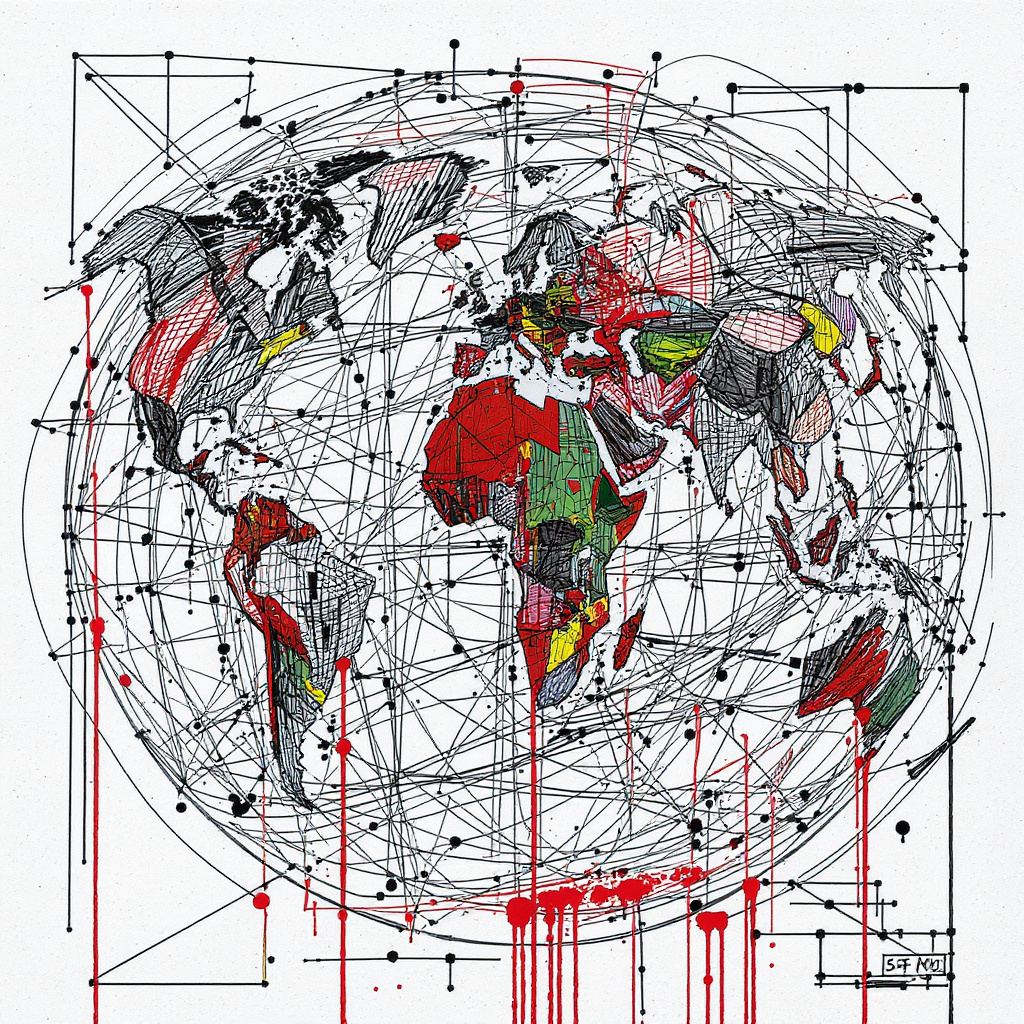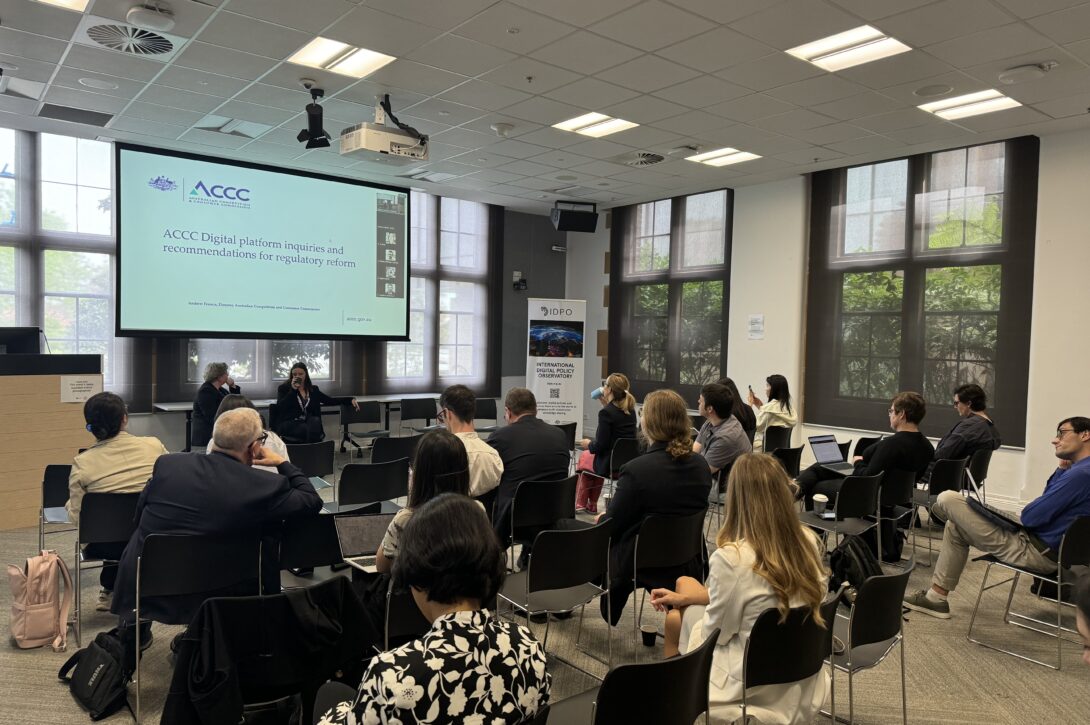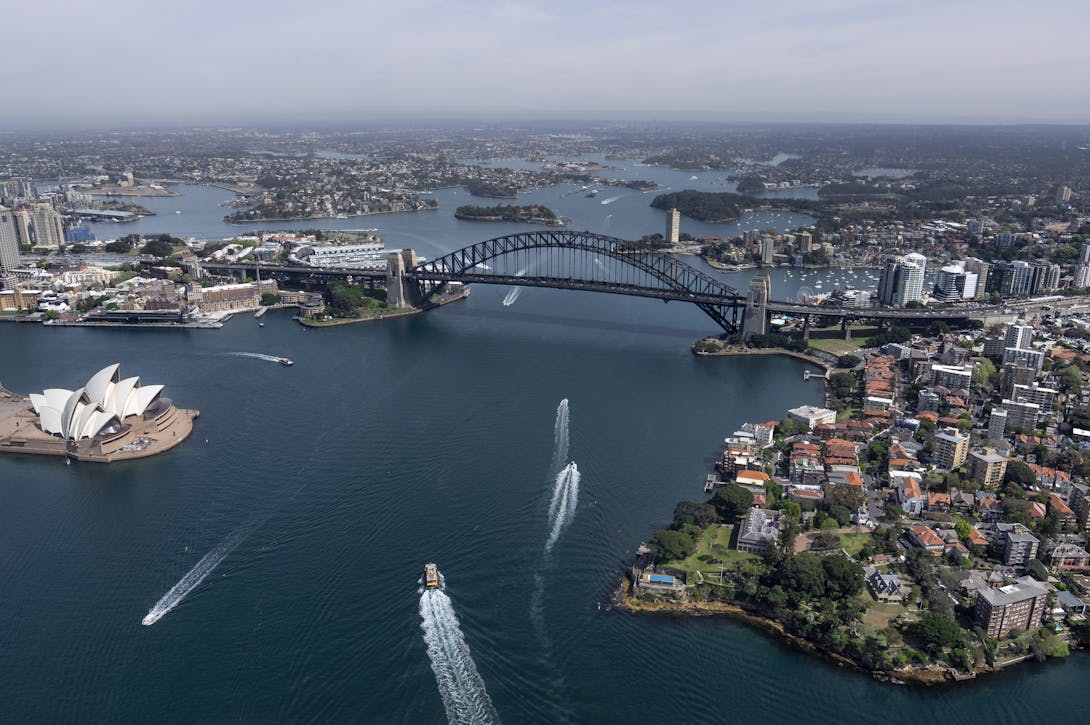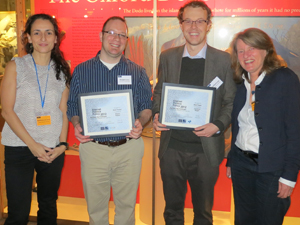Category: Conferences
All topics
-

Policy & Internet Conference 2026
Call for Proposals University of Sydney, Camperdown, NSW, Australia (Hybrid) 30 September – 2 October…
-

Policy & Internet Conference returns in 2026 – save the date!
– in ConferencesThe Policy & Internet Conference will return to the University of Sydney, 30 September –…
-

Policy & Internet 2024 Conference: Wrap-Up!
– in ConferencesWe would like to thank everyone who participated in this year’s Policy & Internet conference…
-

Policy & Internet Conference 2024 – Good Internet Policy: How, What, Why, Where, and For Whom?
– in ConferencesThe Policy & Internet conference will bring together a range of international voices to demonstrate…
-

Policy & Internet Conference 2024: Logistics
– in ConferencesJoin us in shaping Internet policy discourses at a conference designed to challenge, inspire and…
-

Good Internet Policy: How, What, Why, Where, and For Whom?
Join us in shaping Internet policy discourses at a conference designed to challenge, inspire and…
-

Diversity, Inclusivity, and Good Governance: Emerging themes from the Policy & Internet Conference, 2023
– in ConferencesThe conference brought together leading local and international scholars and practitioners from the fields of…
-

Policy & Internet Conference 2023: Policy innovation for inclusive internet governance
– in ConferencesTogether, scholars and policymakers will discuss current practices, alternative designs and the ‘unknowns’ that are…
-

Policy & Internet Conference 2022: Datafication. Platformisation. Metaverse. The state of global internet policy
– in ConferencesExamining how the current developments within digital media spaces has a regulatory impact.
-

The “IPP2012: Big Data, Big Challenges” conference explores the new research frontiers opened up by big data as well as its limitations
– in ConferencesBig data generation and analysis requires expertise and skills which can be a particular challenge…
-

Internet, Politics, Policy 2010: Wrap-Up
– in ConferencesMaking an assessment of the Internet’s impact on politics and policy.
-

Internet, Politics, Policy 2010: Closing keynote by Viktor Mayer-Schönberger
– in ConferencesWhat he sees at stake is power because of the permanent threat of our activities…
